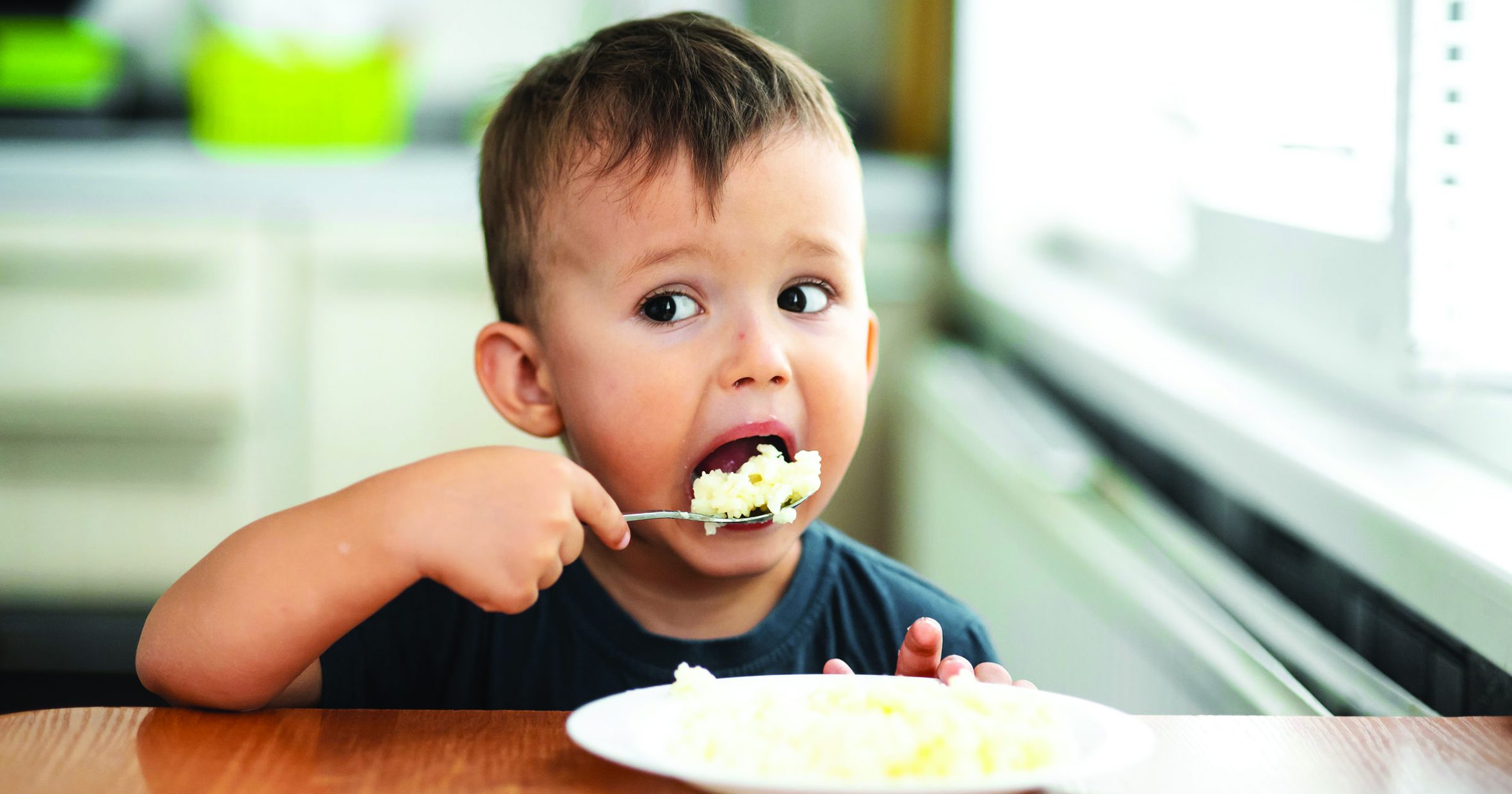It is any parent's and caregiver's worst nightmare to see their child struggle to breathe. Alas, it is not something unusual to happen. Choking occurs when a child's airway gets blocked by something. Anything smaller than a 20-cent coin can cause the airway to block and be a choking risk for children.
Here are some examples of the most common foods that can cause choking risks for babies and young children.
- nuts and seeds, including popcorn kernels
- hot dogs and sausages
- pieces and bones of meat, including chicken or fish
- hard foods like crackers and corn chips
- lollipops and marshmallows
- unpeeled fruits like apples and grapes
- fruit pips and stones
- raw vegetables such as carrots, uncooked peas, and lettuce leaves
- fibrous foods like celery and pineapple
- tablets and chewable vitamins
The following are some tips you can take to prevent your child from choking while they are eating.
- Supervise and sit with your child while they eat so you can respond swiftly if they choke
- Ensure your child sits down — not lying down, running around, or playing while they eat. Sitting at a table or even on the floor will reduce the risk of choking
- Avoid giving your baby a bottle in bed. Babies who fall asleep with a bottle can draw liquid into their lungs and choke
- Until your little one can chew well, give them food in small, pea-sized pieces. Anything bigger than that can be difficult for them to eat safely
- Don't give your child whole nuts, seeds, or similar hard foods until they are 4 years old
- Remove bones from meat and fish. Remove pips from foods like olives and cherries
- Cook, grate, or mash hard foods, specifically hard fruits and vegetables like carrots and apples
- Peel the skin off fruit like apples, nectarines, and grapes
- Don't offer food to your crying child. They won't be able to chew and swallow the food properly if they are crying
- Encourage your little one to chew food properly and take their time during mealtimes
















